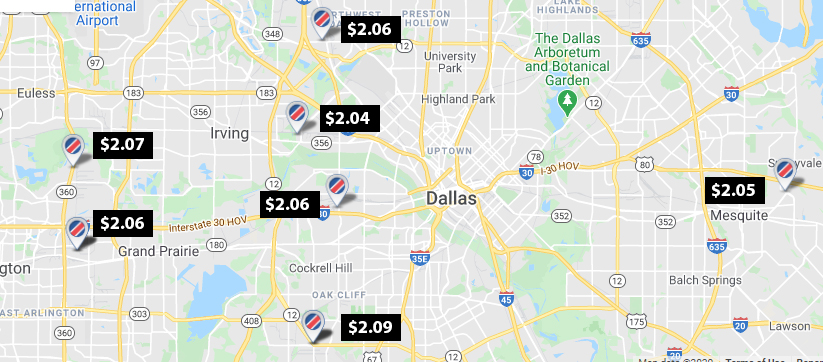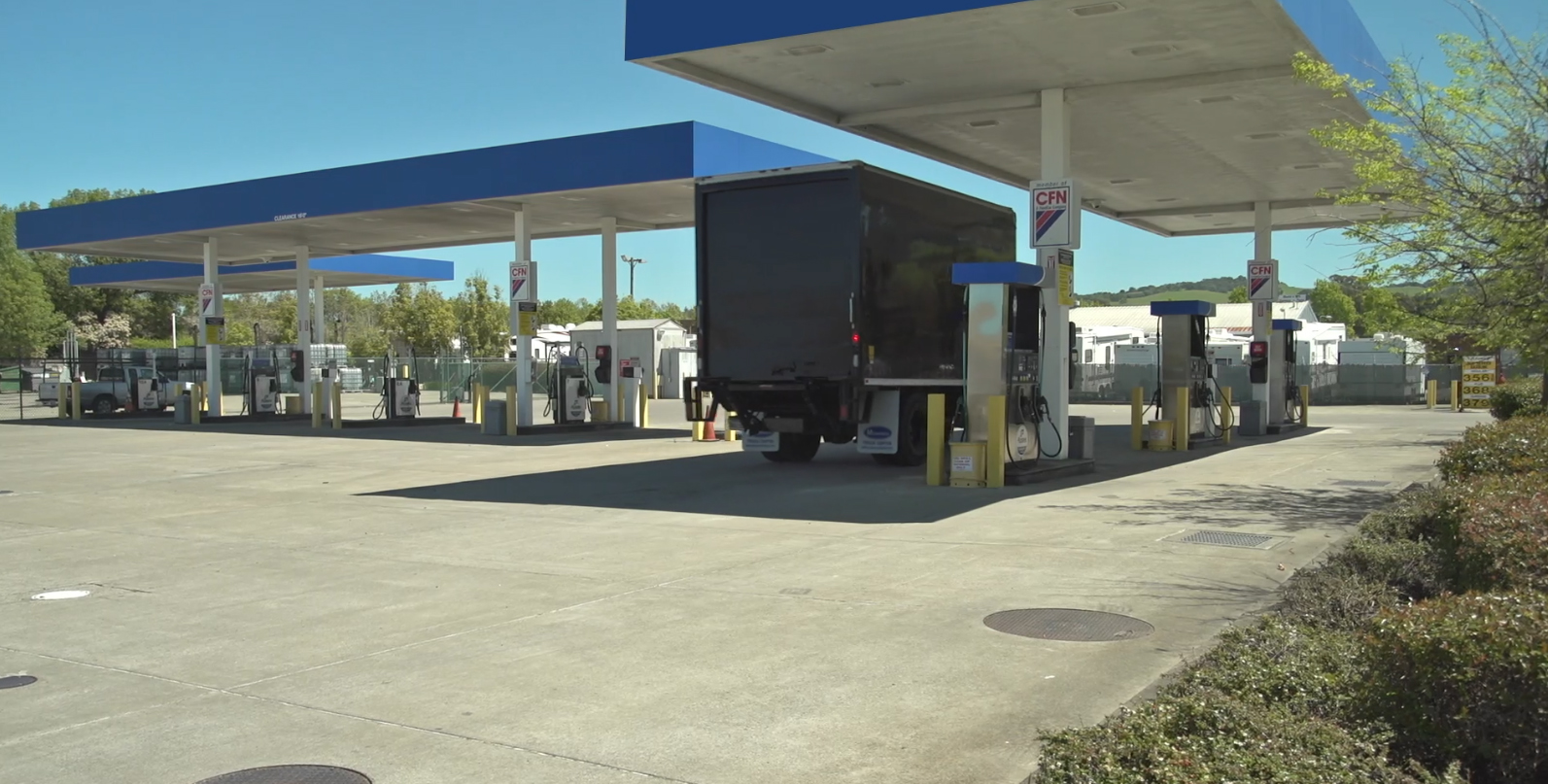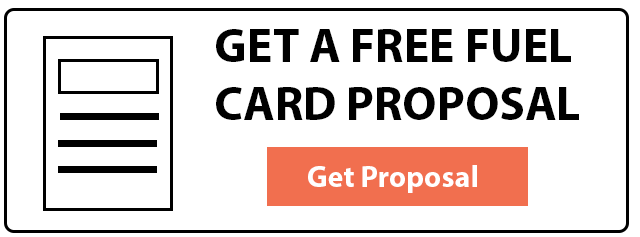You have probably seen a CFN (Commercial Fueling Network) station when driving or received an advertisement, email, or sales call from a CFN company before and wonder what the CFN network is about. Why should my fleet go to the odd gas station without a c-store?
There’s much more to CFN stations than what they appear to be. Here’s five ways fueling at CFN stations can help save your company money.
1. Standardized Pricing

Since pricing at CFN locations is controlled by the CFN network and your CFN card provider, the pricing will only vary a few pennies if at all for any location in a given area.
If you purchase fuel with a retail fuel card at a retail gas station or truck stop, it’s not uncommon to see station prices vary by up to 50¢ per gallon in one city. Unfortunately since your drivers are not paying for the fuel they are often not motivated to seek out stations with the best pricing.
When you direct your drivers to only fuel at CFN stations you don’t have to worry about overpaying because you’ll always get market competitive fuel rates no matter what CFN station your driver fuels at.
2. Wholesale Market Based Pricing
CFN uses OPIS (Oil Price Information Service) as the main source to base its pricing. OPIS takes the rack pricing (places where gas stations buy fuel) and reports the market average in a given area. When you are billed, your pricing will be based on OPIS wholesale pricing.
When you fuel at gas stations, the gas station owner determines the price at the station. Some gas stations need to be competitive because they are competing with several nearby gas stations while others do not as they may be the only gas station on the street so they can charge more. You’ll also notice some brands will charge higher prices and advertise their additive packages to justify the cost.
3. Extra Controls (Reduce Slippage Cost)
Slippage cost is internal fuel loss from driver fuel card misuse and theft. CFN stations provide extra preventative controls such as product controls (i.e. gas only, diesel only, etc.) that retail gas stations and truck stops cannot restrict at the pump. This means if you have a diesel fleet and you set up your cards for diesel only the pumps at a CFN station will not authorize any transaction that is not diesel where a retail pump will authorize any fuel transaction.
Most mid size to larger fleet trucks are diesel and most personal cars are gasoline which eliminates a huge factor in driver fuel theft.

4. Easier To Request Security Footage From CFN Stations
If you do have a driver that is misusing a fuel card or suspect fuel card fraud on your account, it really helps to have security footage to solidify your case. Since most CFN stations are owned by small private companies it’s usually easy to obtain security footage without a police report. It’s in the best interest of CFN fuel card providers to work together to provide security footage for customers to help secure the overall health of the CFN network.
5. Less Safety Hazards At CFN Stations
All CFN stations have 18-wheel access and large turnabouts so drivers can easily access the pumps without getting close to hitting anything. These stations usually don’t have c-stores so there is little to no retail traffic which means you usually don’t have to worry about pedestrian traffic at the station.

How To Start Fueling At CFN Stations
You can learn more about the CFN card or apply online to get started fueling with the CFN card. You can also request a fuel card proposal and we’ll send you the last 30 days of pricing for your closest CFN station.

